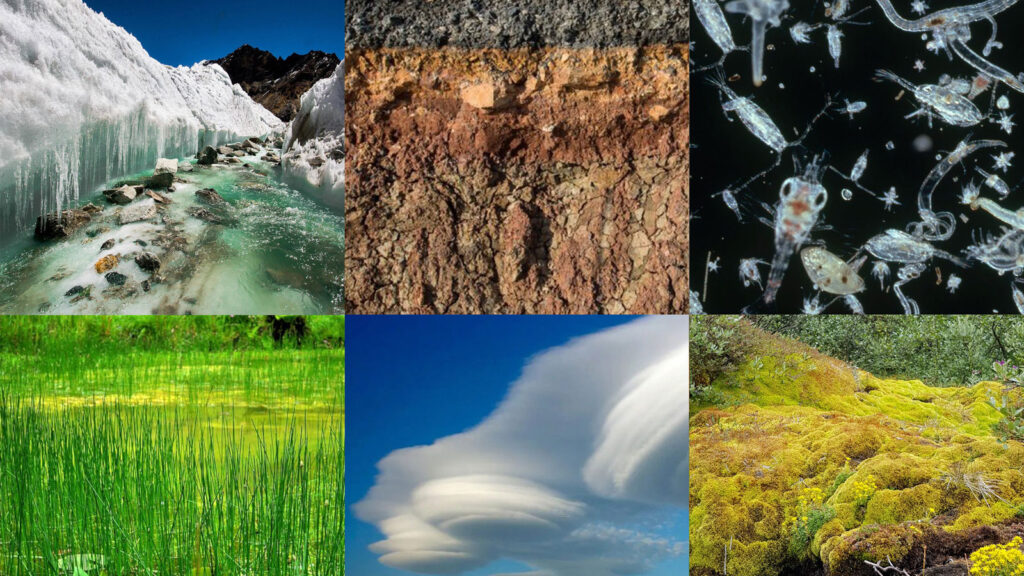
Center for Volatile Interactions (VOLT)
Center leader:
Professor Riikka Rinnan
Period:
March 2023 - February 2029
Application round:
11th Round
Host institution(s)
University of Copenhagen
Grant:
60 million DKK
All organisms on our planet produce a wide range of volatile compounds to communicate, cooperate, and compete with each other. These complex, yet invisible, interactions are not only essential to the organisms, but also have profound effects on climate via atmospheric processes, such as aerosol and cloud formation. While the biological processes exchanging the greenhouse gases, CO2 and methane, are well-studied, we have a poor understanding of the processes releasing and consuming reactive trace gases, such as volatile organic compounds, reactive nitrogen gases, and sulfur compounds (here ‘volatiles’). This hampers our ability to predict how the exchange of volatiles responds to environmental changes and feeds back on climate.
In VOLT, we assess the biology of production, consumption and transport of volatiles across organisms and ecosystems. We exploit the most advanced instrumentation and methodology in laboratory and field-based approaches targeting specific biological processes producing and consuming volatiles from microsite to ecosystem scales. We link volatile measurements to a detailed understanding of the biology in oceans, lakes, cryptogams, soil-plant-environment, and ice sheets.
We aim to provide groundbreaking insights into the complex biological interactions controlling the exchange of volatiles between ecosystems and the atmosphere. Our overarching hypotheses are that microorganisms are key producers and consumers of volatiles across ecosystems and that volatile emissions and their effects on current and future climates can only be quantified, if we understand the intricate interactions between the organisms and their environment.
